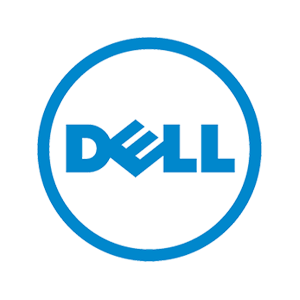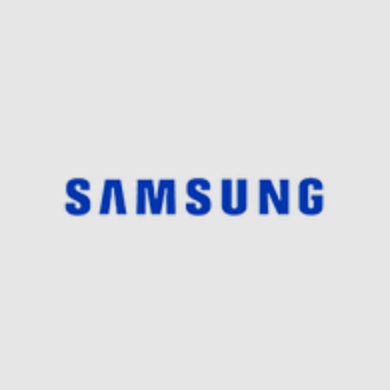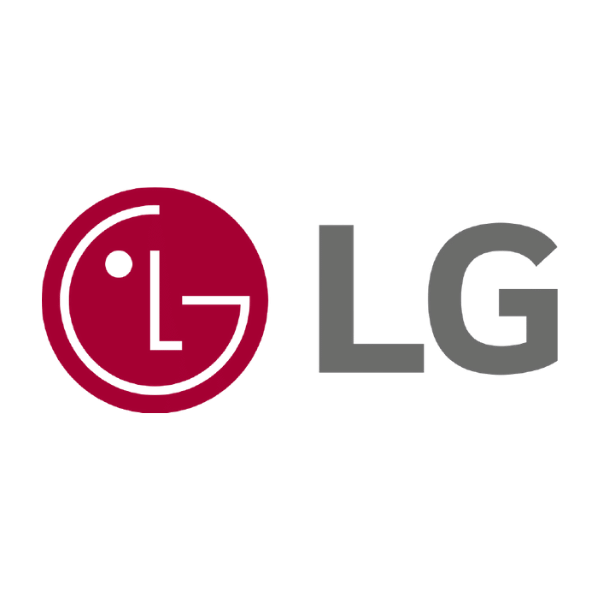 Ignition interlocks-- technologies that prevent people from driving drunk--are meeting some unlikely hurdles. Sober people, for example. Some 80 percent of all American drivers drink very lightly or not at all. Automakers warn that these consumers will resist any technology that interferes with the operation of their cars. Robert Strassburger, vice president for safety of the Alliance of
Ignition interlocks-- technologies that prevent people from driving drunk--are meeting some unlikely hurdles. Sober people, for example. Some 80 percent of all American drivers drink very lightly or not at all. Automakers warn that these consumers will resist any technology that interferes with the operation of their cars. Robert Strassburger, vice president for safety of the Alliance of
Automobile Manufacturers, which represents the Big Three, Toyota and five other automakers, made this warning in an all-day meeting with the National Highway Traffic Safety Administration on ways to expand use of interlocks, held yesterday in Washington. Few doubt that the technology could save between 8,000 and 9,000 lives a year. While drunk drivers account for only about .5 percent of all vehicle trips, they're involved in 43 percent of the roughly 43,000 annual highway deaths. But interlocks add costs and complexity to cars. Even the best technologies are prone to error. And crafty drunks can often find ways to circumvent them. Of course, automakers will resist anything that raises the prices of cars, even if it raises the prices of all cars. The NHTSA shouldn't rely on the auto industry to advance interlock technology. Federal prize grants to mechanical engineering schools might be a good place to begin.
Source: Automotive News

















